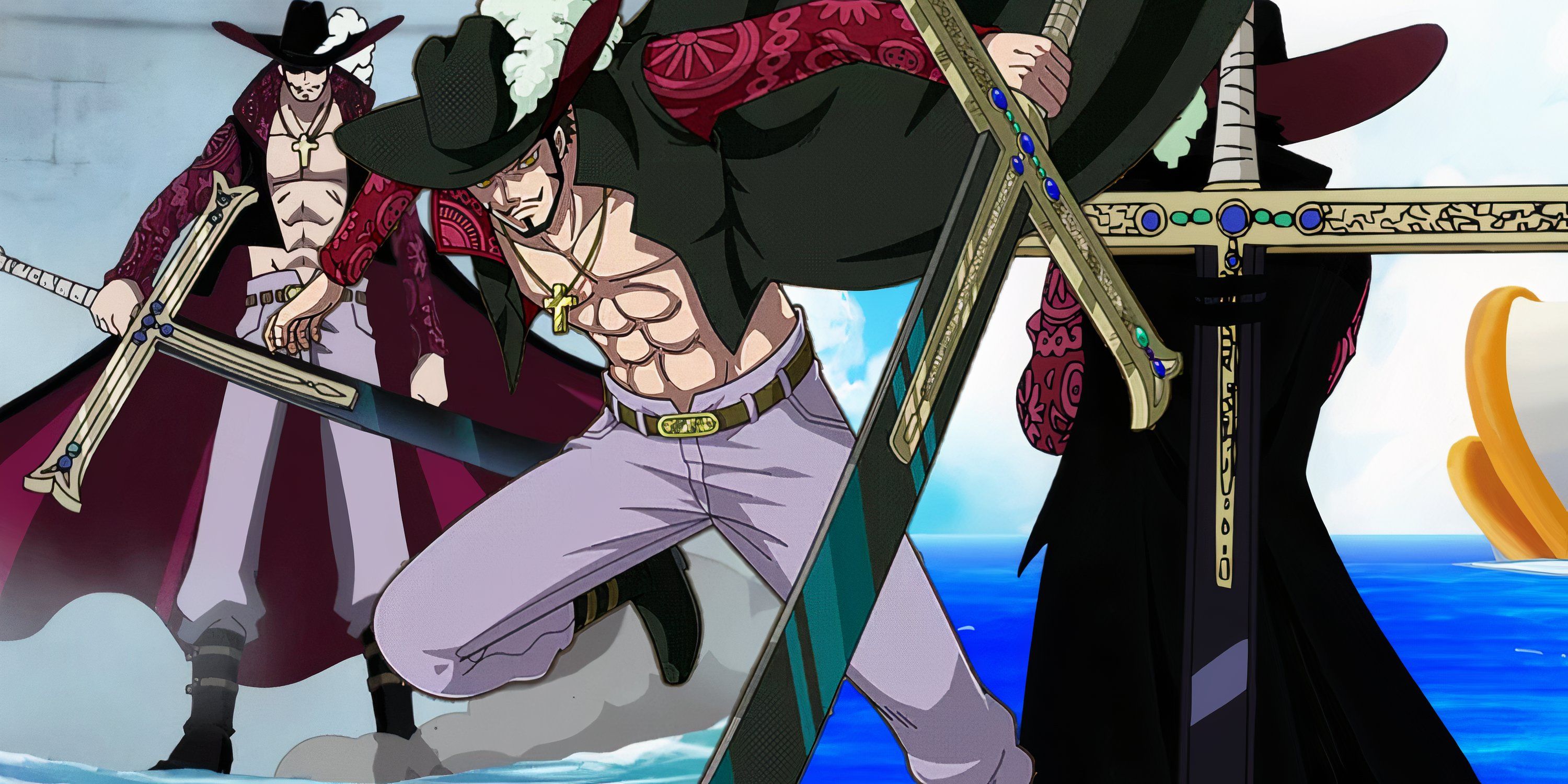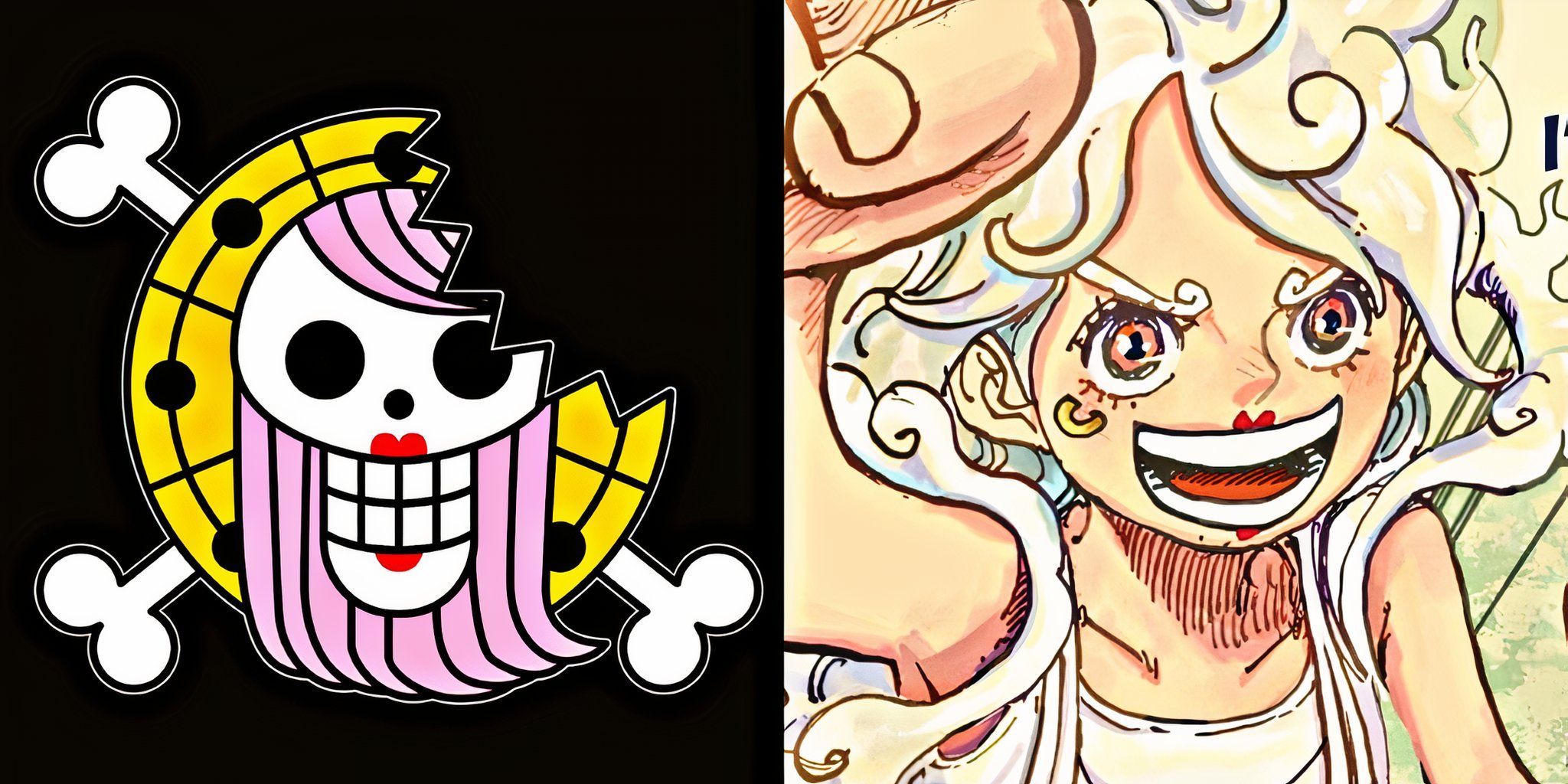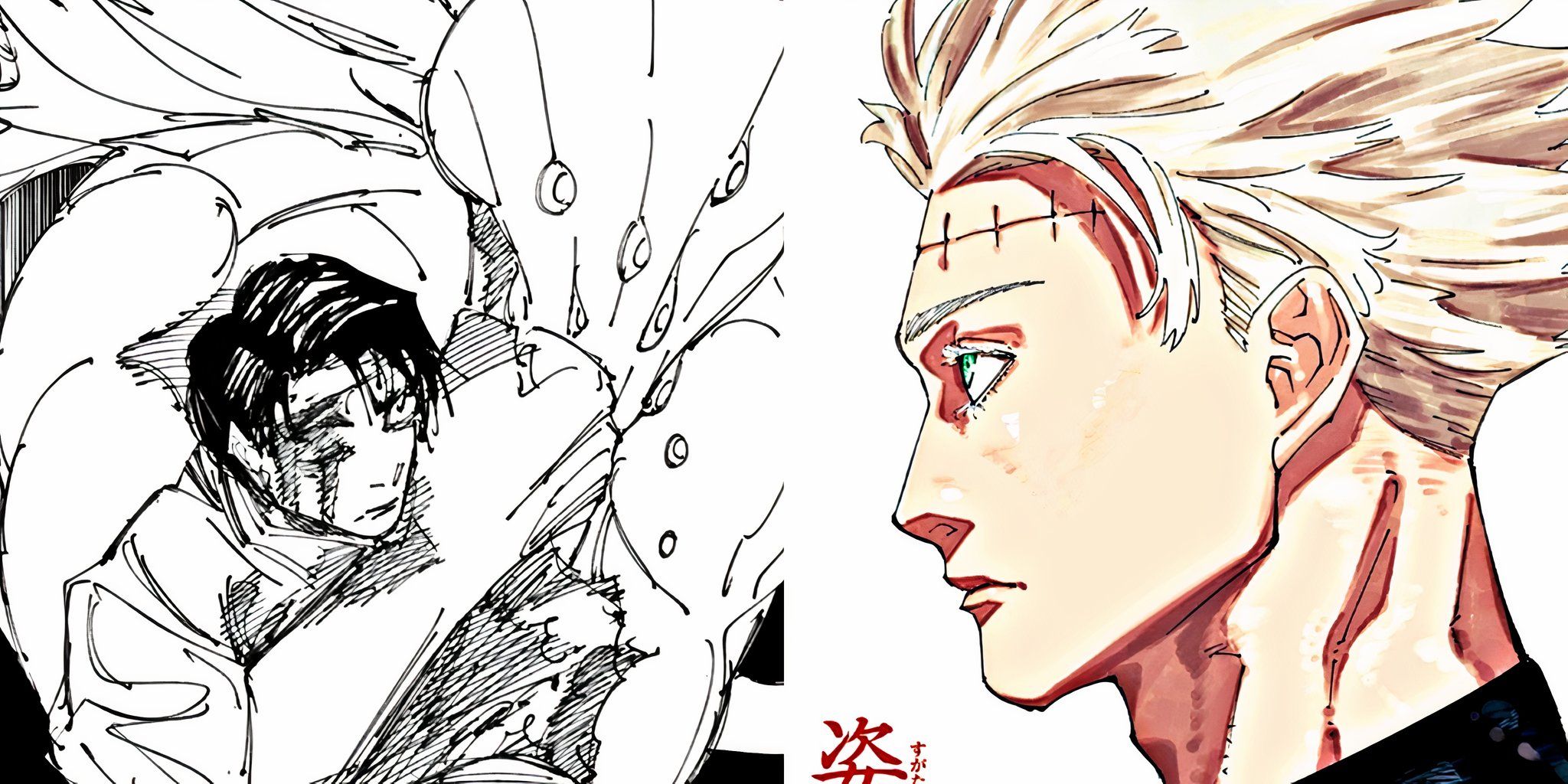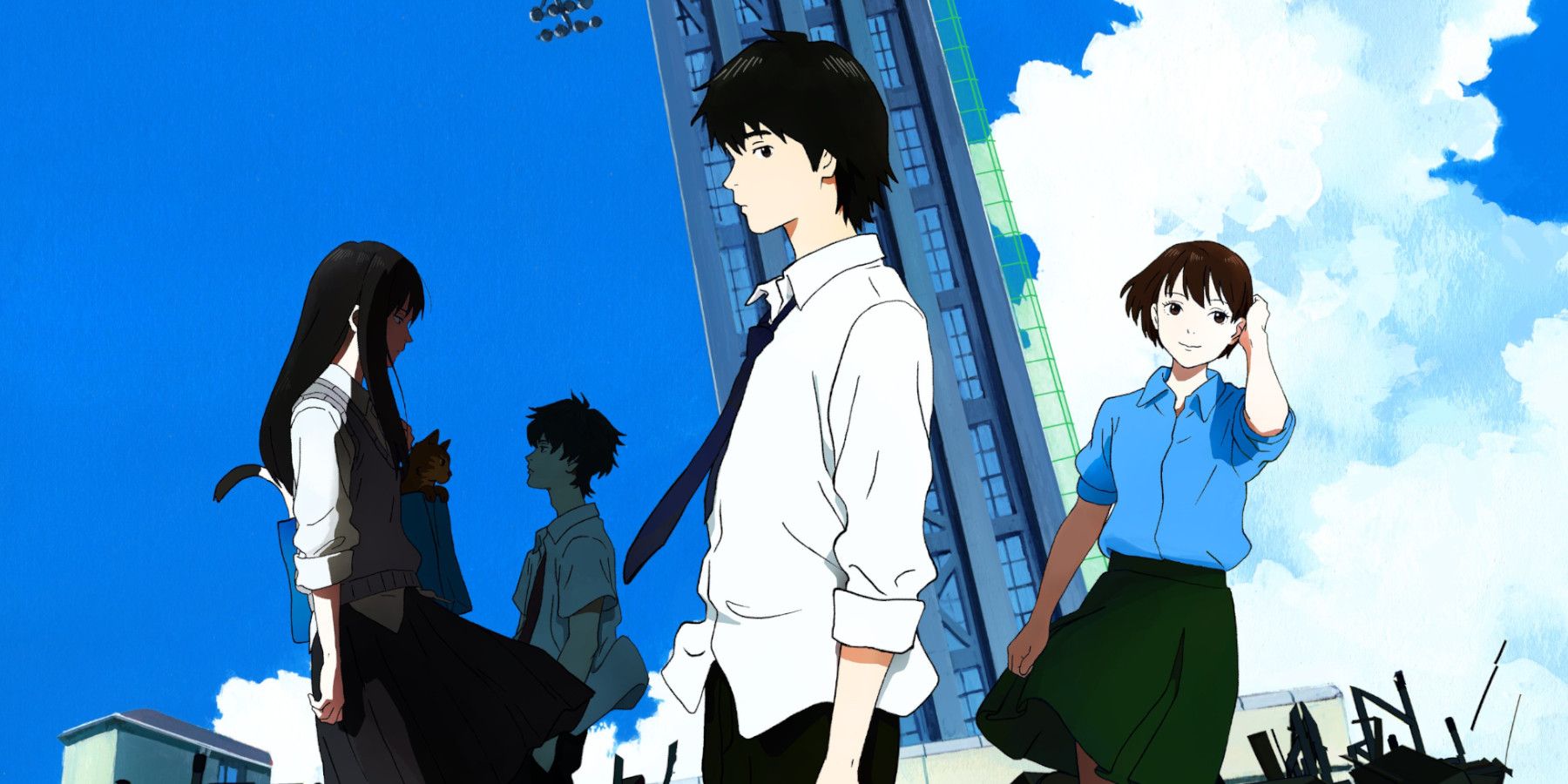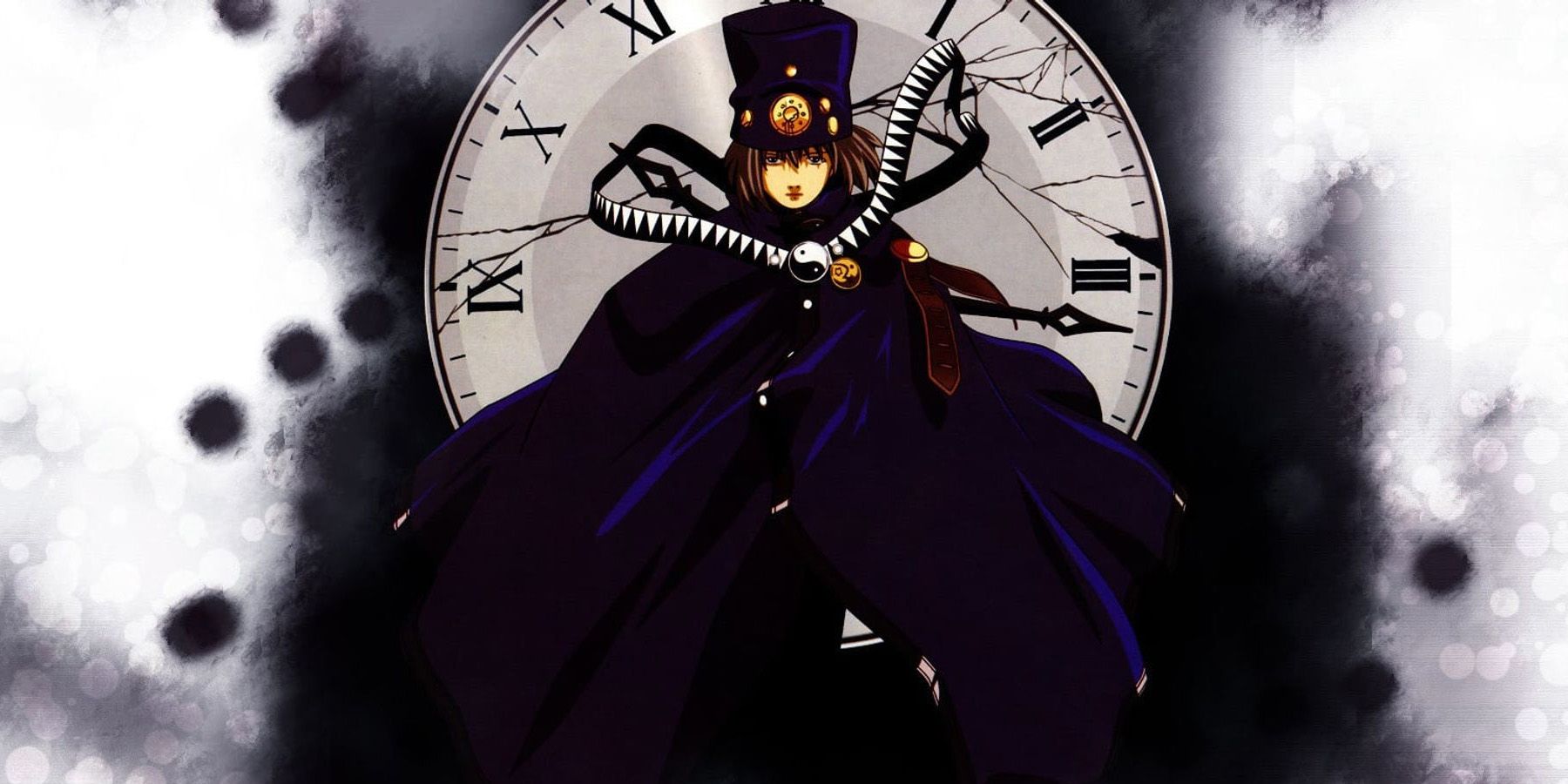Watch enough of a director's work and a style becomes apparent and while styles can evolve, there's typically something that stands out as distinctly "them." Enter Shingo Natsume - renowned for directing Space Dandy and One Punch Man - whose style has evolved and whose career is taking them to new heights, even if few have acknowledged it.
Natsume directed Space Dandy under Chief Director Shinichiro Watanabe (Cowboy Bebop) in 2014 and the following year directed One Punch Man for Madhouse. At the helm of OPM, he helped captain one of the most creatively rich production teams to deliver a 12-episode masterclass in action sakuga that was beloved around the globe. When someone brings up Natsume, how best to introduce them? The clear answer is to say "the man that directed One Punch Man," but in the nearly seven years since One Punch Man aired, Natsume's career has only expanded. And not only have they gone into different territory, but they've also attempted to break new ground.
From Chaos To Peace
There couldn't be an anime more unlike One Punch than ACCA 13 - Territory Inspection Department. OPM was a comedy about an overpowered hero combating their own loneliness in a world that never could offer him excitement, much less danger. ACCA is about a man traveling around auditing government offices. It's a staggeringly different story, and it was the next show that Natsume directed, in 2017.
One of the big challenges in media criticism is parsing through the myriad audio/visual components of film and television to determine what a director's style can be. Film and television are more than the work of a single person - it's created by teams - but art often has a central composer in the form of a director.
It would be hard to parse Natsume's touch between two works that are so different, just as the crossover audience for OPM and ACCA are bound to be rare. Taken on its own, however, ACCA's ability to be captivating at all is impressive given how admittedly niche the concept is.
In the nation of Dowa, there are 13 diverse districts governed by ACCA, and Jean, a member of the Territory Inspection Department, has been tasked with auditing each of them. There are rumors of a coup d'etat brewing and everyone seems to have their eyes on Jean, no doubt with their own agendas.
It's not an incredibly tense show, nor is it one that packages its protagonist with a label like "spy," or even "hero." He's merely a man who is good at his job, and the show manages to make his cross-country business trip entertaining, but why? Namely, because it's such a vibe.
The Man From Madhouse
Natsume has directed four series for studio Madhouse and discounting One Punch Man, the other three are much different, but themselves share a more dramatic feel. The three shows in question - ACCA 13, Boogiepop and Others, and the highly acclaimed Sonny Boy - belong to different genres, but possess strong aesthetics that are the key draws behind the stories.
Anyone who watched ACCAlikely did so for its color pallet, the unique style of the characters, or the imagery that evokes romantic European escapism. It's a series set in a peaceful nation where everyone is beautiful and people, for the most part, live in peace, eating delicious-looking food.
Boogiepop may not be as cozy, being an adaptation of the light novels that inspired Monogatari after them, but the creepiness and alien feel of the story are enchanting in their own way. And Sonny Boy, neither a romantic escape nor a horror story, was captivating purely out of curiosity at what it was really about.
Madhouse has been good to Natsume, not content to let his reputation be identified solely by their action-heavy projects. He not only directed Sonny Boy but wrote it as well, making it the first original story that they've written. They've grown significantly in the time since Space Dandy, and it's clear that there are stories they're drawn to and a style that they excel at.
Finding a Signature
On the surface, these stories are primarily character dramas that might occasionally break into action. Special attention is given to character acting, livening up scenes of simple dialog with subtle but effective animation, or simply prioritizing the character designs to present relatively static but appealing artwork.
While ACCA, Boogiepop, and Sonny Boy are similar in their arthouse appeals, they are all different in terms of story, content, and the kinds of animation on display. ACCA isn't a show about conflict, but about characters preserving peace. As such, there isn't much action, and rather a focus on the world around them and the diversity within it. It's far more comparable to a slice-of-life show.
ACCA is a show about beauty in many ways, and its romantic allure combined with Natsume's keen eye for detail keeps what could be a terribly boring story full of intrigue. Boogiepop, on the other hand, has several fight scenes, some brought to life with surreal character acting that adds to the unease of the story.
Sonny Boy being Natsume's brainchild perhaps makes it the most deserving to be the tent pole for his directorial style, as almost every frame could be captured and put on a sakuga website. The color design and shading give it a look similar to the work of Masaaki Yuasa with its bold and quirky designs. There are few shots that look "standard" or "typical" in any way.
One Hit Director?
Of Natsume's post-OPM career, Sonny Boy ranks the highest on MAL, but One Punch Man is still their most popular show to date. To a cynic, the audience that would respond to a show by "the director of One Punch Man" might be let down by their other work, but that is merely a surface-level assessment.
At the very least, it's fair to say that none of their work has achieved the same success as One Punch Man. ACCA is gorgeous and unique, well worth a watch, but fairly niche. Boogiepop has its own drawbacks as an adaptation, primarily from an inconsistency in its presentation quality.
What's clear from their trajectory as a director under mostly the same studio, is that their reputation has granted them more creative freedom to tackle more kinds of projects. In an interview with OTAQUEST, he says that the change in style was more fun than it was challenging.
Having been inspired by works of film, Natsume's recent trend of more serious dramas hasn't been without success. He'll be helming the sequel to Masaaki Yuasa's Tatami Galaxy, titled Tatami Time Machine Blues, this time at Science Saru rather than Madhouse. Given Sonny Boy's acclaim and its aforementioned similarities to Yuasa's work, this decision couldn't have made more sense.
There are directors whose names mean a great deal. "Shinichiro Watanabe" means music, sentimentality and plenty of soul. "Kunihiko Ikuhara" means something utterly bizarre but contagiously beautiful. "Hideaki Anno" means inspired, possibly nostalgic, and from the heart. While it's early to say what "Shingo Natsume" means, it's safe to say it means something pretty spectacular.
